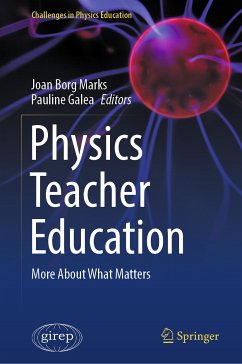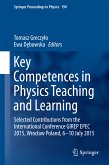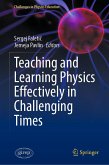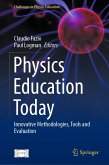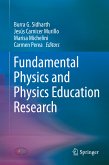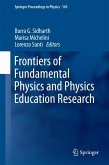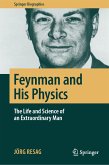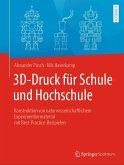Contributors present their research related to:
. Preparing teachers for TPACK (technological, pedagogical, and content knowledge) and laboratory work.
. Developing and evaluating teacher PCK (pedagogical content knowledge) in Quantum Mechanics.
. In-service Physics teacher education for early childhood and primary levels.
. Pre-service Physics teacher education at all levels.
. In-service Physics teacher professional learning for second and higher-level education.
Chapters in this book inevitably look into how Physics teacher education is organized in different countries.
Suggestions are offered for possible ways ofsupporting Physics teachers' learning.
An emphasis is made on the much-needed measurements of the effectiveness of different teaching strategies that improve teaching for learning.
All this should help professionals, researchers, and pre-service, as well as in-service teachers to get acquainted with the most recent research contributions in the field.
Dieser Download kann aus rechtlichen Gründen nur mit Rechnungsadresse in A, B, BG, CY, CZ, D, DK, EW, E, FIN, F, GR, HR, H, IRL, I, LT, L, LR, M, NL, PL, P, R, S, SLO, SK ausgeliefert werden.

